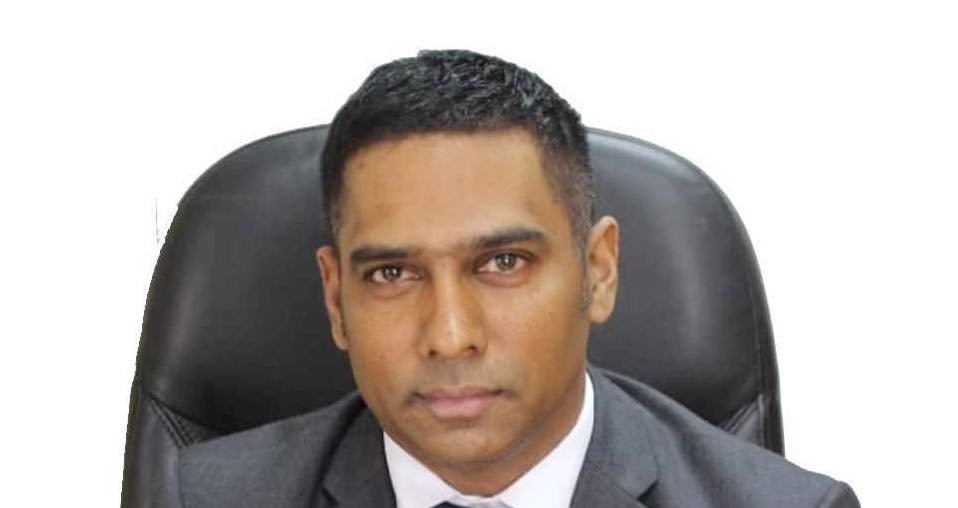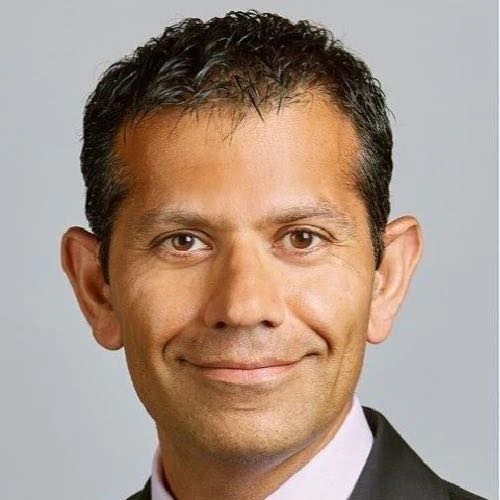
- There is US$65 trillion to be found in wide-scale upskilling
- The TT CPO oversees 135,000 employees working in 135 state enterprises
- 1,000 jobs are being evaluated in the civil service to understand the ICT training needed
Above: Commander Daryl Dindial. Photo courtesy GORTT.
BitDepth#1312 for July 26, 2021
According to the International Labour Organisation, Eduardo Montemayor reported, more than 255 million full-time jobs have been lost during the covid19 pandemic.
Montemayor, who presented as part of AMCHAMTT’s Future of Work discussion during its two-day Tech Island Summit two weeks ago, said that workers had been subject to a double disruption, with job losses due to restrictions now exacerbated by reductions in the workforce due to AI driven automation.
Those jobs may not be coming back, but Montemayor believes that the changes offer an opportunity to create sustainable and fulfilling work by switching to greener economies and de-carbonising the work process.
He believes there is an estimated US$65 trillion to be found in wide-scale upskilling undertaken globally and encourages governments to build funding for retraining initiatives into national recovery plans.
Bigger changes will come in transitioning education to a lifelong learning paradigm, developing vocation and higher education curricula that are just-in-time rather than just in case, delivering nano-degrees in specialty and emerging technologies and creating national qualification systems for evolving skillsets.
Offering a sobering grounding of the local reality was Commander Daryl Dindial, the Chief Personnel Officer of the TT Government.
He guides the employment process for almost a tenth of the population, 135,000 employees working in 135 state enterprises who are paid $20 billion in salaries annually.
The Public Service Association represents most of those workers, 80,000 according to its website, and the PSA is determinedly bullish on the guidelines for the work place in the civil service.
Public sector employment is based on headcount and people showing up at the workplace, explained Dindial.
A 1974 agreement on staggered working hours for the civil service is the only option for veering from working from the classic eight to four, five-day work week.
“There was a significant loss in productivity when the pandemic hit and people had to work from home because the systems and understanding weren’t there,” Dindial said.
“There are some jobs where the productivity was maintained or improved and in some areas it dropped precipitously.”
“We don’t have the systems to monitor work done remotely effectively.”
“We have public officers who are home who feel they are on a paid vacation.”
National surveys are being undertaken to understand the skills gaps in the civil service, and the government is undertaking job evaluation and upskilling programmes with the Ministry of Education and Coursera.
“When we probed further, we discovered that the ministries did not have the ICT skills that we required,” Dindial said.
A thousand jobs are being evaluated in the civil service to understand the ICT training needed for a more effective workplace.
While 92 per cent of ministries receive and rely on technical support from iGovTT, there is a lack of ICT capability, underutilisation of current systems and high entry-level requirements for in-demand ICT personnel.
Despite those challenges, Dindial is positive about the outlook for an overdue revamping of the public sector.
The CPO plans to embrace diverse qualifications and skill sets, expand employment opportunities to engage the gig economy and freelancers with a reduction in fixed-term contract employees, using extreme automation and ICT.
According to Bhushan Sethi, Global Leader, People and Organisation, PwC, US, who also spoke at the webinar,“ You have to think about flexibility in planning for engagement with the gig economy.”
“The outcome will depend on the direction that governments go in terms of encouraging the development of the workforce.”
“It’s important to match strategic planning to training, working out where you want to go and then designing the training that gets the workforce there.”
In PwC global surveys, 47 per cent of people want to be entrepreneurial, which will lead to growth in the gig economy.
“The next five to six months are going to see a lot of experimentation with hybrid work and a changing work environment,” Sethi said.
“We want to ensure that the [Public Service] system is built in such a way that service is delivered and measured,” Dindial said.
“The will of leadership and holding people accountable is a critical underpinning to achieve this goal.”



